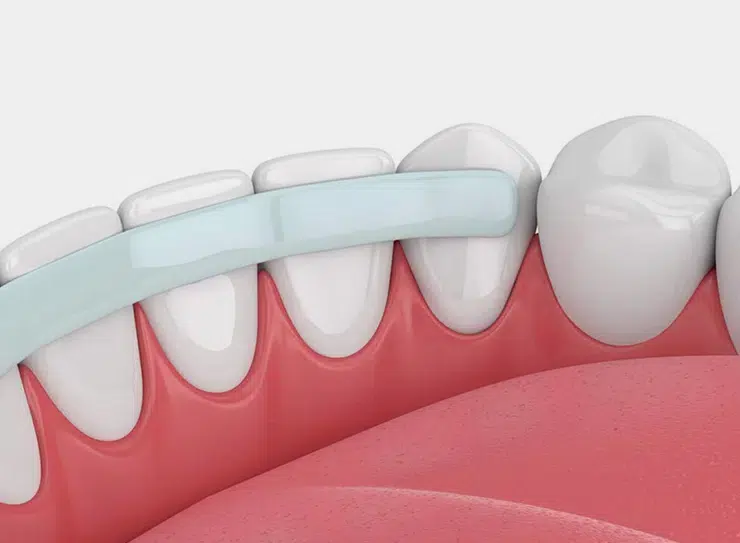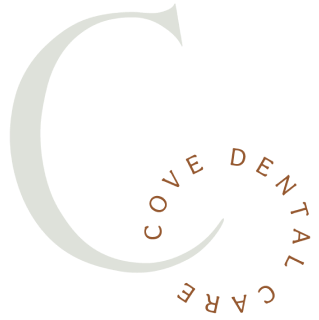2104 Old Spartanburg Rd Greer, SC 29650

Precision for Perfect Smiles in Greer, SC
What is Dental Bonding?
Dental bonding is a cosmetic dental procedure aimed at enhancing the appearance of teeth affected by chipping, cracking, discoloration, or gaps. This technique entails applying a tooth-colored resin material onto the tooth's surface, which is then solidified and bonded to the tooth using a specialized light.
Notably, dental bonding offers a swift and minimally invasive solution, often completed in a single dental visit. It presents a relatively cost-effective and conservative alternative to more extensive cosmetic dental treatments like veneers or crowns. However, it's essential to note that bonding materials may not be as durable as porcelain or other materials utilized in extensive restorations, potentially necessitating replacement or repair over time.
Perks of Dental Bonding
Dental bonding offers a versatile range of cosmetic and restorative applications comparable to porcelain veneers. Utilizing a pliable resin material, bonding can address various cosmetic imperfections, effectively reshaping and repairing teeth to enhance their appearance. Its flexibility allows for the correction of chips, cracks, or flaws in the teeth, providing a solution favored by many patients due to its cost-effectiveness compared to porcelain veneers.
However, it's essential to recognize that dental bonding is a temporary solution, distinguishing it from the more permanent nature of veneers. This characteristic contributes to its affordability. Being removable and reversible, bonding is suitable for correcting issues in both permanent and primary teeth, making it a viable option for children. With proper care, bonding can last anywhere from three to ten years, depending on maintenance and usage.
Caring for Bonded Teeth
Contemporary dental materials are not only aesthetically pleasing but also durable, allowing them to be maintained similarly to natural teeth. There are no specific dietary restrictions associated with them. Regular oral hygiene practices, such as gentle brushing with a soft toothbrush and flossing, are essential to prevent the accumulation of harmful bacteria.
To enhance the longevity of dental bonding, incorporating a WaterPik water flosser into your daily oral care routine is advisable. Despite the bonding's protective layer, the underlying natural tooth structure remains susceptible to dental decay, emphasizing the importance of maintaining optimal oral health.
In the immediate aftermath of bonding treatment, it's advisable to avoid tobacco products and any substances known to stain dental materials, such as coffee, wine, tea, and berries. Scheduling routine dental visits every six months enables thorough cleaning and examination of the bonded teeth, ensuring they remain in optimal condition.

